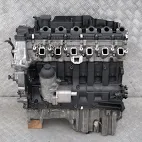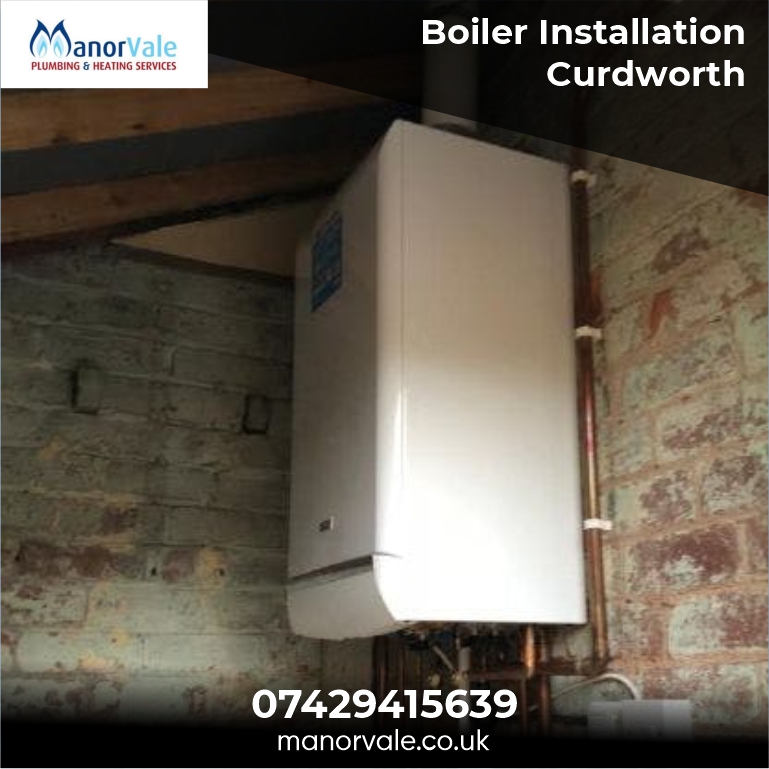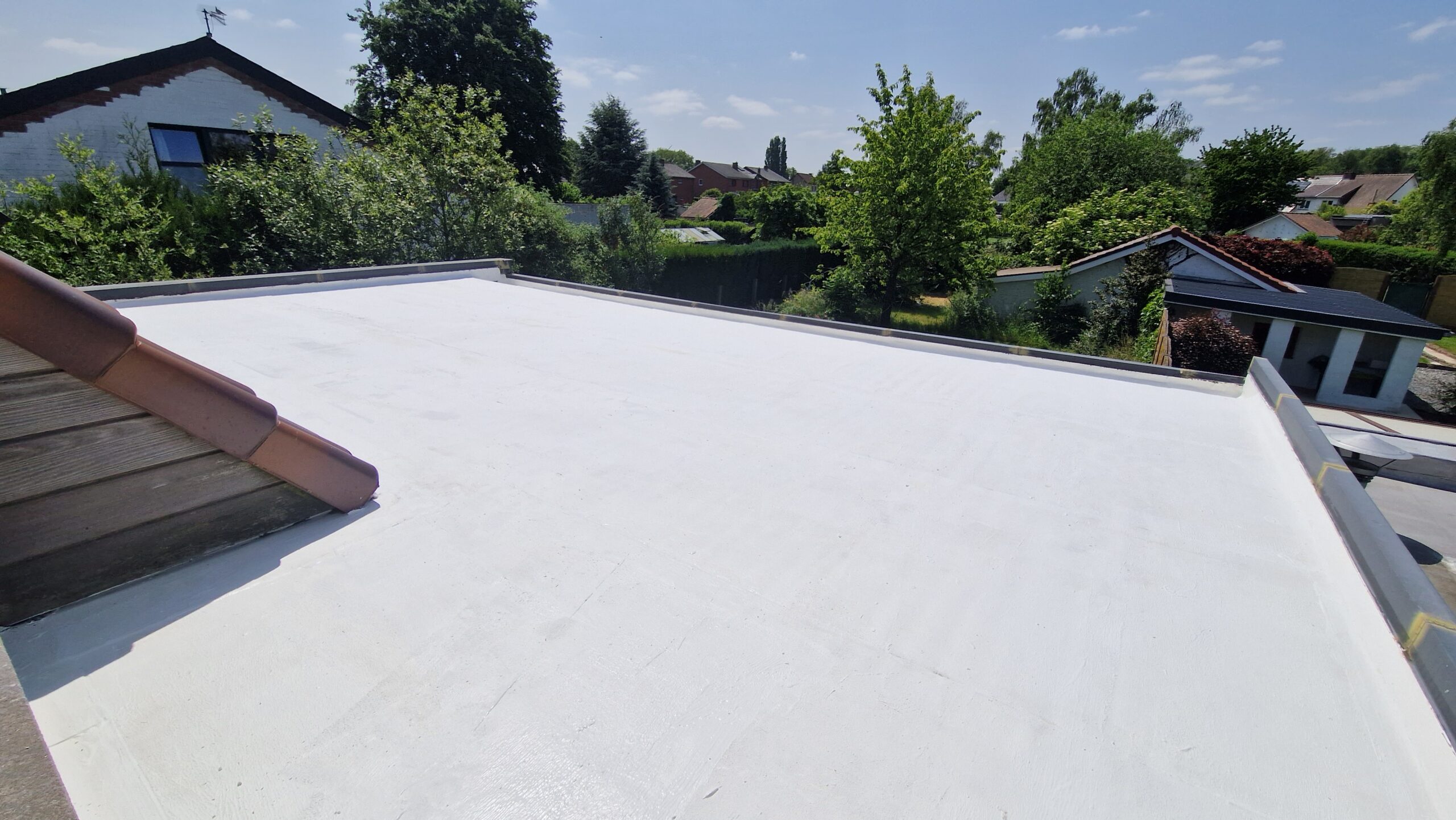BMW vehicles are synonymous with precision engineering, exhilarating performance, and timeless style. At the heart of every BMW lies its engine – a masterpiece of technology designed to deliver the Ultimate Driving Experience. But when wear and tear, high mileage, or mechanical issues strike, replacing the engine becomes a practical solution. In 2025, the market for BMW engines for sale is thriving, offering a spectrum of options from brand-new OEM units to budget-friendly used and reconditioned engines. This blog explores the ins and outs of buying BMW engines, covering types, popular models, sourcing tips, costs, and more, ensuring you make the right choice for your Bimmer. 
What Are BMW Engines for Sale?
When searching for BMW engines for sale, you’re entering a marketplace that caters to diverse needs – from restoring a classic E36 to reviving a modern M5. These engines are available in three primary forms: new, used, and reconditioned (also called remanufactured). Each type serves different priorities, whether it’s peak performance, affordability, or a balance of both.
- New Engines: These are factory-fresh, sourced from BMW or authorized OEM suppliers. They guarantee top-tier performance and come with extensive warranties but carry a premium price tag.
- Used Engines: Pulled from salvaged or retired vehicles, used engines are cost-effective but riskier due to potential wear or unknown histories.
- Reconditioned Engines: These are used engines that undergo a rigorous rebuild process, replacing worn components and often upgrading weak points. They offer near-new reliability at a fraction of the cost.
BMW engines are celebrated for their diversity – inline-sixes, V8s, V10s, and diesels – each tailored to specific models. Common issues like timing chain failures (N47 diesels) or rod bearing wear (S65 V8s) make engine replacement a viable option. In 2025, the rise of sustainable practices has boosted the popularity of reconditioned engines, aligning with eco-conscious trends.
Why Buy a BMW Engine?
Replacing an engine can breathe new life into your BMW, extending its lifespan without the cost of a new vehicle. Reasons to buy include:
- Performance Restoration: A failing engine saps power and efficiency. A new or recon engine restores that signature BMW thrill.
- Cost Savings: Compared to buying a new BMW, an engine swap is far cheaper, especially for older models.
- Sustainability: Reconditioned engines recycle components, reducing environmental impact.
- Customization: Enthusiasts can upgrade to performance-oriented engines, like swapping an N54 for an N55 in a 335i.
With the automotive industry shifting toward electrification, 2025 sees a surplus of internal combustion engines (ICE) in the secondary market, making it a buyer’s market.
Types of BMW Engines Available
New BMW Engines
New engines are the pinnacle of reliability, built to BMW’s exacting standards. Found in models like the B58 (3-Series, X5) or S58 (M3/M4), they feature cutting-edge tech like twin-scroll turbos and advanced fuel injection. These engines are ideal for those prioritizing longevity and full warranty coverage – typically 2-4 years or 50,000 miles.
The downside? Cost. A new B58 can exceed $10,000, while high-performance S58s may hit $18,000 or more. They’re best sourced from BMW dealers or OEM partners like EngineWorld. For those restoring a high-value M car or needing insurance-covered replacements, new engines are worth the investment.
Used BMW Engines
Used engines are the budget-friendly option, sourced from salvage yards, breakers, or online platforms like eBay and LKQ Online. Prices are attractive – an N55 with 80,000 miles might cost $2,000-$3,500. Availability is high, especially for popular models like the 3-Series or 5-Series, as more BMWs enter the used market in 2025.
However, used engines carry risks. Hidden issues like worn piston rings or faulty VANOS units can lead to early failure. To mitigate this, buy from reputable sellers offering short warranties (e.g., 90 days from X AutoCare) and request compression test results or service history. Forums like Bimmerpost are invaluable for vetting sellers.
Reconditioned BMW Engines
Reconditioned engines offer the best of both worlds: affordability and reliability. These engines are disassembled, cleaned, inspected, and rebuilt with new or upgraded parts – think pistons, bearings, gaskets, and timing components. Suppliers like Patriot Engines and JASPER use advanced machining to restore cylinder heads and balance crankshafts, often addressing known issues like N63 V8 turbo failures.
Prices range from $4,000 for an N52 inline-six to $10,000 for an S63 V8. Warranties are a major perk, with top providers offering 1-5 years of coverage. For example, Remanns provides unlimited-mileage warranties, while Orbi Motors in Europe offers 12 months. Reconditioned engines are also eco-friendly, reusing cores to reduce waste, aligning with BMW’s sustainability push.
Popular BMW Engine Models for Sale
BMW’s engine lineup is iconic, and certain models dominate the market due to their performance and prevalence.
- N54/N55 (3-Series, 5-Series, X-Series): Turbocharged inline-sixes known for their tunability. The N54 is prone to high-pressure fuel pump issues, fixed in recon units. Used: $2,500-$4,000; recon: $5,000-$7,000.
- B58 (3-Series, 4-Series, X3/X5): A modern favorite for its efficiency and power. New: $8,000-$12,000; used: $3,000-$5,000.
- S55/S58 (M3/M4): High-performance twin-turbo sixes. Recon units address crank hub issues in S58s. Used: $5,000-$7,000; new: $15,000+.
- N63/S63 (5-Series, M5, X5/X6): Twin-turbo V8s with hot-V design challenges. Reconditioned versions improve cooling. Recon: $7,000-$12,000.
- M57/N47 (Diesels, 3-Series, 5-Series): Robust diesels popular in Europe. Recon M57s start at €2,000 from Autoline.
- S85 (E60 M5, E63 M6): The legendary V10, rare but sought-after. Recon: $9,000-$12,000.
Classic engines like the M20 or S14 for E30s are available through specialty suppliers but may require custom orders.
Where to Find BMW Engines in 2025
The market for BMW engines is vast, with multiple channels to explore:
- Online Marketplaces: eBay offers extensive listings with filters for mileage and condition. BreakerLink (UK) aggregates breaker yard inventories.
- Specialty Suppliers: Patriot Engines provides reconditioned engines with free US shipping. Bessler Auto Parts and Car Part Planet stock used and recon units with warranties.
- International Options: Autoline (global) and Orbi Motors (Europe) cater to diverse markets, offering competitive pricing.
- Performance Shops: EngineWorld and CarBahn supply tuned or high-performance engines for enthusiasts.
- BMW Dealers: For new engines, dealers ensure OEM quality but at higher costs.
Always verify seller reputation via reviews on platforms like Trustpilot or BMW forums. Request VIN compatibility checks to avoid mismatches.
Key Considerations When Buying
To ensure a smart purchase, consider these factors:
- Compatibility: Confirm the engine code matches your model (e.g., N55B30 for specific 335i variants).
- Condition: For used engines, demand service records or test results. For recon, ask about rebuild specifics (e.g., upgraded components).
- Warranty: Prioritize sellers offering at least 1-year coverage. JASPER’s 3-year warranties are industry-leading.
- Shipping: Engines are heavy; opt for free shipping deals from suppliers like Patriot.
- Certifications: Ensure recon engines meet OEM standards, often certified by ISO or similar bodies.
- Market Trends: In 2025, ICE supply is high due to EV shifts, keeping prices competitive.
Pricing in 2025
Costs vary by engine type and condition:
- New: $10,000-$20,000 (e.g., S58 at $18,000).
- Used: $1,500-$5,000 (e.g., N54 at $2,500).
- Reconditioned: $4,000-$12,000 (e.g., S63 at $10,000).
Labor for installation adds $2,000-$5,000, depending on complexity. Prices are lower in the US than in Europe due to market saturation. Inflation and supply chain dynamics in 2025 keep costs stable but slightly elevated for new units.
Installation and Maintenance Tips
Installing a BMW engine requires precision. Certified mechanics with BMW-specific tools are recommended to handle complex electronics and coding. Post-installation, follow these steps:
- Break-In Period: Drive gently for 500-1,000 miles to seat components, followed by an oil change using BMW-approved synthetic oil.
- Maintenance: Regular oil changes (every 5,000-7,500 miles), coolant flushes, and timing component inspections are critical.
- Monitoring: Check oil levels frequently, as BMW engines often consume oil, and address leaks promptly.
For high-performance models, consider upgrading cooling systems to prevent overheating, especially for N63/S63 engines.
Pros and Cons of Buying BMW Engines
Pros:
- Restores vehicle performance economically.
- Wide range of options for all budgets.
- Reconditioned engines offer reliability and eco-benefits.
- High availability in 2025’s market.
Cons:
- Used engines risk hidden defects.
- New engines are expensive.
- Installation requires specialized skills.
- Quality varies by seller.
Final Thoughts
BMW engines for sale in 2025 provide an exciting opportunity to rejuvenate your vehicle, whether you’re chasing performance, reliability, or sustainability. From the raw power of an S58 to the budget-friendly N54, there’s an engine for every BMW enthusiast. By choosing reputable suppliers like Patriot Engines or Bessler and prioritizing warranties, you can drive with confidence. Start your search today and keep your BMW’s legacy alive on the open road.

